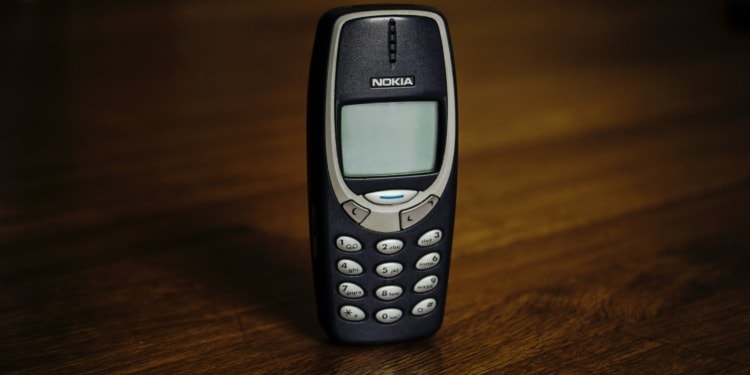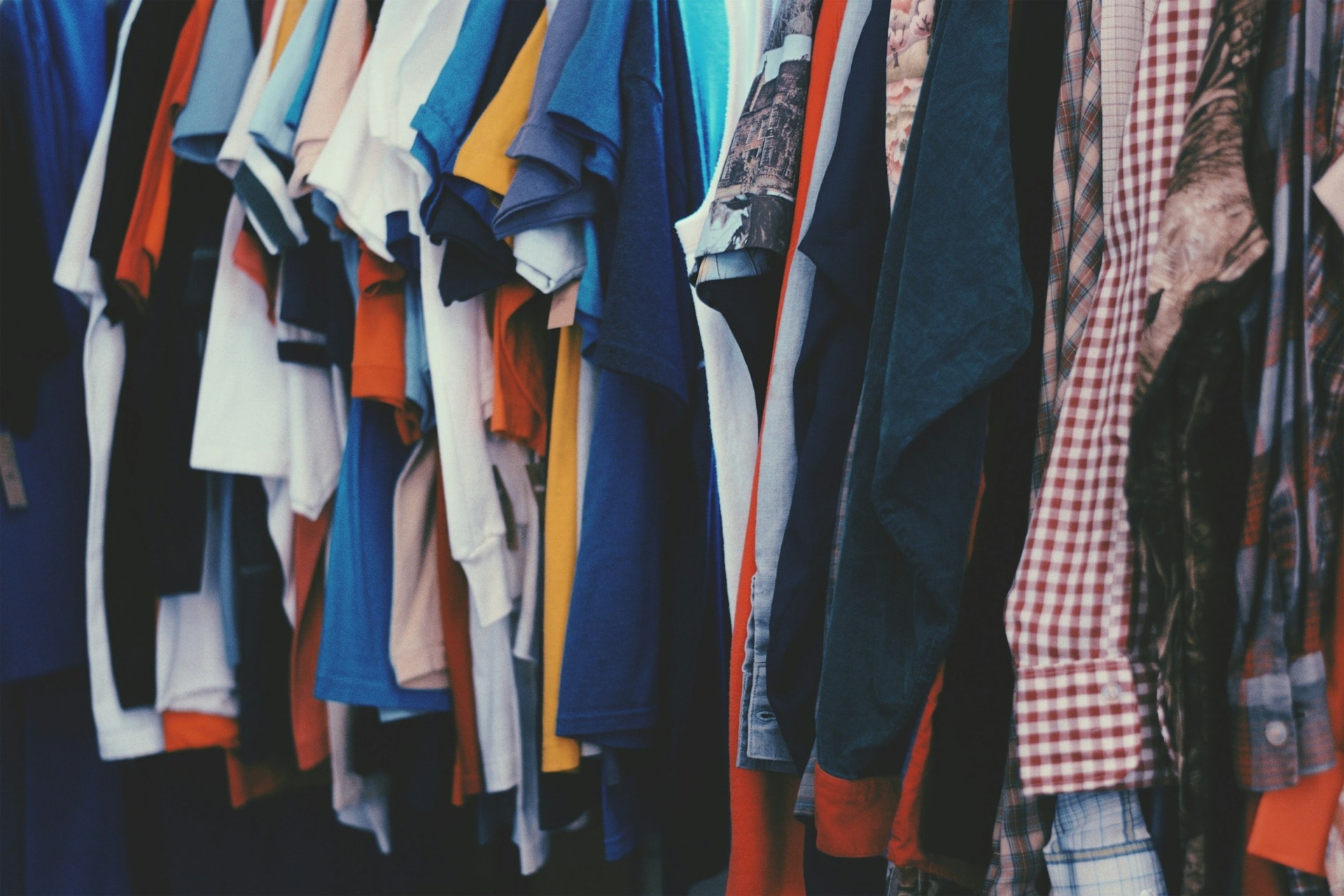The European Parliament and the Council reached a provisional agreement this week on the Ecodesign for Sustainable Products Regulation.
“The first element that makes a product green is the brain that designs it,” Spanish Minister for Industry and Tourism Jordi Hereu i Boher said. “With the agreement reached today we want to make sure that all the sustainable dimensions of product manufacturing are taken into consideration from the very first stage of its conception.”
The new regulation, as the EU writes, will “help make sustainable products the new norm in the EU” by making them “last longer, use energy and resources more efficiently, easier to repair and recycle, contain fewer substances of concern and include more recycled content.”
The legislation builds upon the existing Ecodesign Directive, which has driven improved energy efficiency in EU products for almost two decades. In 2021 alone, the EU’s ecodesign measures saved €120 billion in energy expenditure for the bloc’s consumers and resulted in the products using 10% less energy per year.
One focus of the new EU Ecodesign regulation is on product durability, reusability, upgradability, and repairability. This shift will not only extend the lifespan of products but also contribute to reducing the environmental impact of manufacturing and disposal.
Highly impactful products, like textiles, furniture, iron and steel, aluminium, tires, paints, lubricants, and chemicals, as well as energy-related products and electronics, will be given priority.
Importantly, the new requirements “go beyond energy efficiency and aim to boost circularity.” This includes addressing the presence of chemical substances inhibiting reuse and recycling, promoting energy and resource efficiency, increasing recycled content, and reducing carbon and environmental footprints.
Related Articles: EU’s New Proposal to Tackle Textile Waste: Make Producers Pay for It | Slow Down Fast Fashion | No More Burning Clothes: Destruction of Unsold Textiles To Be Banned in Europe | ‘Ground Zero of the Fast Fashion World:’ How Kenya Became the Fashion Industry’s Illegal Junkyard
Thanks to the new regulation, companies will have to take measures to prevent the practice of destroying unsold consumer products. The destruction of unsold textiles and footwear in particular will be banned completely (with “derogations for small companies and a transition period for medium-sized ones”) — a ban that could extend onto other sectors as well if needed.
Large companies will also be required to disclose the number of unsold consumer products they discard annually, which the EU expects will “strongly disincentivize businesses from engaging in this practice.”
The European Consumer Organisation, BEUC, welcomed the agreement, with its Director-General Monique Goyens saying:
“These new rules will finally make longer-lasting and resource-efficient products the new normal. This is great news as consumer organisations have been flagging over the years countless complaints of short-lived phones, TV screens and many other products most of us own.”
The European Parliament and the Council will now proceed to formally adopt the Regulation, which will enter into force 20 days after it has been published in the Official Journal.
Once enacted, the Regulation will set the stage for a comprehensive working plan, establishing the targeted products and laying the groundwork for a more sustainable future.
Editor’s Note: The opinions expressed here by the authors are their own, not those of Impakter.com — In the Featured Photo: Nokia 3310. Featured Photo Credit: Pexels.













